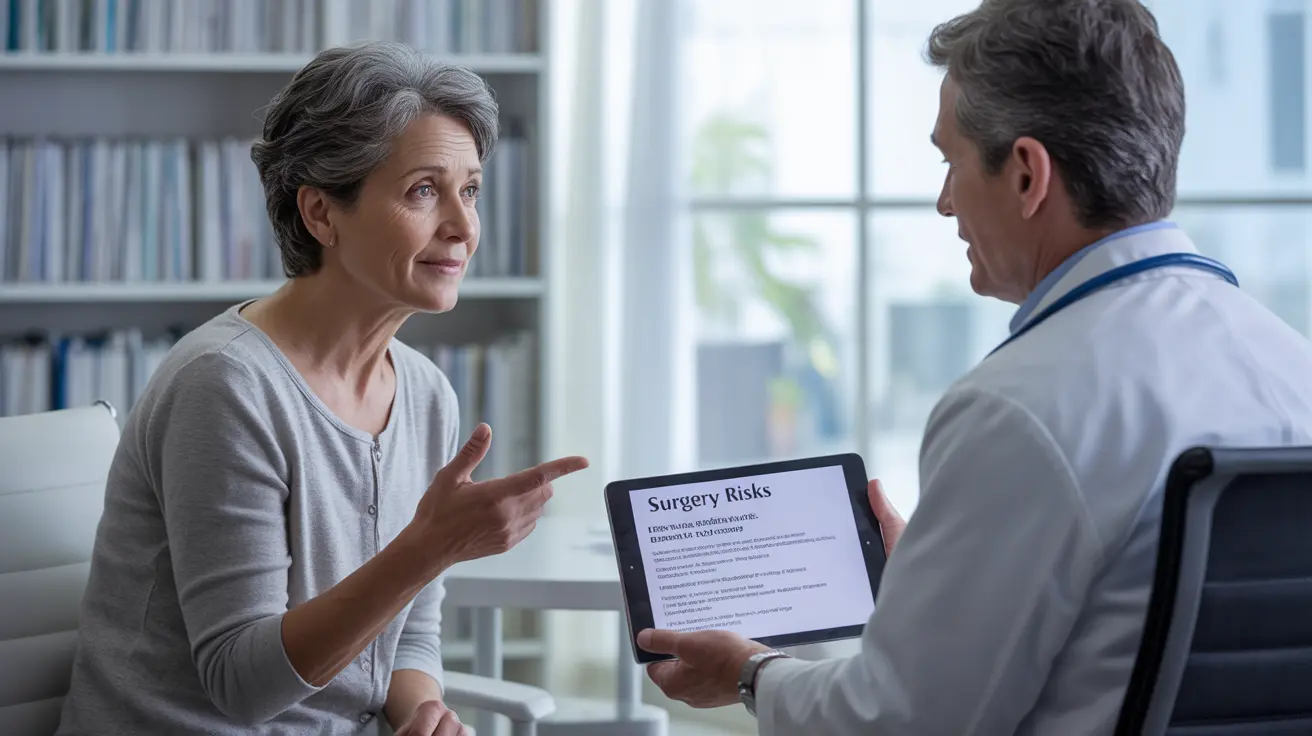If you're scheduled for surgery and develop a cold, you might wonder whether you should proceed with the operation or postpone it. This is a common concern that requires careful consideration, as having a cold before surgery can impact both the procedure's safety and your recovery.
Understanding the relationship between respiratory infections and surgical procedures is crucial for making informed decisions about your healthcare. Let's explore the key factors that medical professionals consider when determining whether to proceed with or postpone surgery due to a cold.
Understanding the Risks of Surgery with a Cold
Having a cold before surgery presents several potential complications that healthcare providers must carefully evaluate. The presence of an upper respiratory infection can affect both the safety of anesthesia and your body's ability to heal properly after the procedure.
Respiratory Complications
When you have a cold, your airways are more sensitive and prone to irritation. This increased sensitivity can lead to:
- Increased risk of bronchospasm during anesthesia
- Greater chance of developing pneumonia
- More difficulty breathing during recovery
- Prolonged healing time
Anesthesia Concerns
Anesthesiologists are particularly concerned about administering anesthesia to patients with active cold symptoms because:
- Airways may be more reactive to intubation
- Mucus production can complicate airway management
- Coughing during the procedure may affect surgical precision
- Risk of respiratory complications is elevated
Types of Surgery and Cold Symptoms
Emergency vs. Elective Procedures
The urgency of your surgery plays a crucial role in determining whether to proceed:
- Emergency surgeries may need to continue despite cold symptoms
- Elective procedures can usually be safely postponed
- Semi-urgent cases require careful individual evaluation
Evaluating Your Symptoms
The severity and type of cold symptoms significantly influence the decision:
- Mild runny nose without fever might be acceptable
- Productive cough typically requires postponement
- Fever always warrants rescheduling
- Chest congestion needs careful evaluation
Guidelines for Surgical Timing
Medical professionals typically recommend:
- Waiting until you're completely symptom-free
- Allowing at least 2-4 weeks after cold recovery
- Ensuring your temperature has been normal for several days
- Confirming your airways are clear and healthy
Frequently Asked Questions
Can I have surgery if I have a mild cold or just a runny nose? A mild runny nose without other symptoms might be acceptable for some procedures, but it's essential to discuss this with your surgical team. They will evaluate your specific situation and symptoms to make the safest decision.
Why do surgeons recommend postponing surgery when you have a cough or fever? Coughs and fevers indicate active infection, which can increase complications during surgery and recovery. These symptoms can affect your breathing during anesthesia and may signal that your immune system is compromised.
How does having a cold before surgery increase the risks during anesthesia? A cold can make your airways more sensitive and increase mucus production, which can complicate airway management during anesthesia. This may lead to breathing difficulties, coughing, or bronchospasm during the procedure.
How long should I wait after recovering from a cold before having elective surgery? Most healthcare providers recommend waiting 2-4 weeks after complete resolution of cold symptoms before proceeding with elective surgery. This allows your body to fully recover and reduces surgical risks.
What should I do if my child has a cold before their scheduled surgery? Contact your child's surgeon immediately to discuss their symptoms. Children may need longer recovery periods from colds before surgery, and their surgical team will provide specific guidance based on the type of procedure and severity of symptoms.




